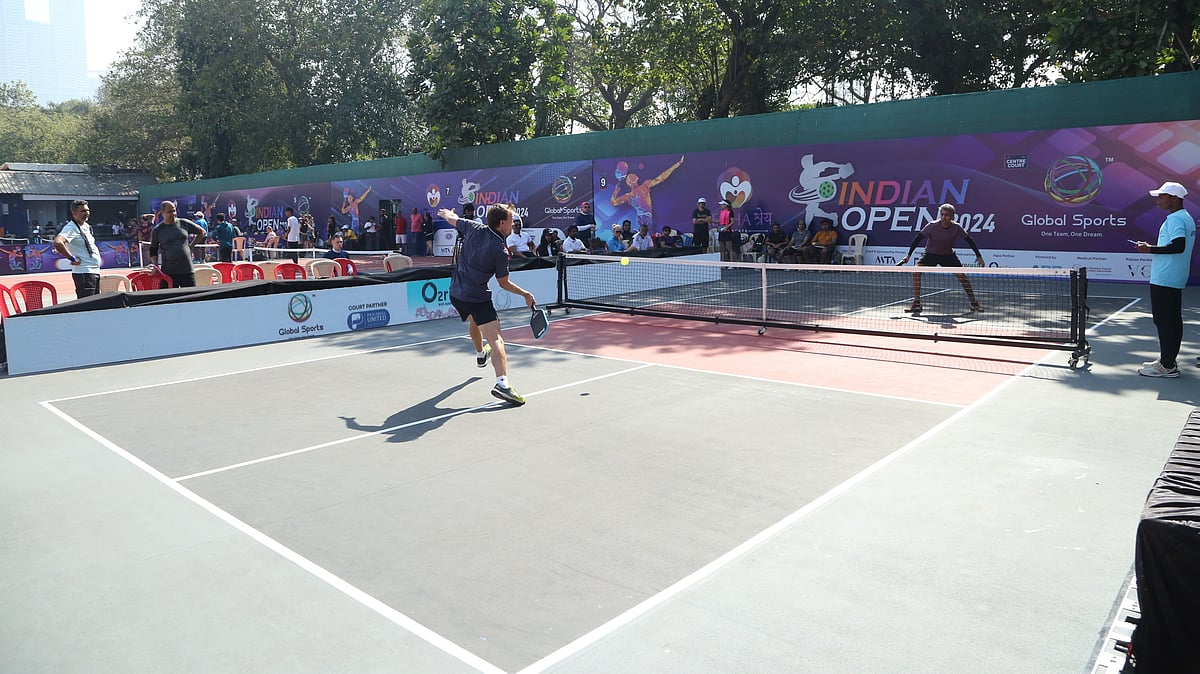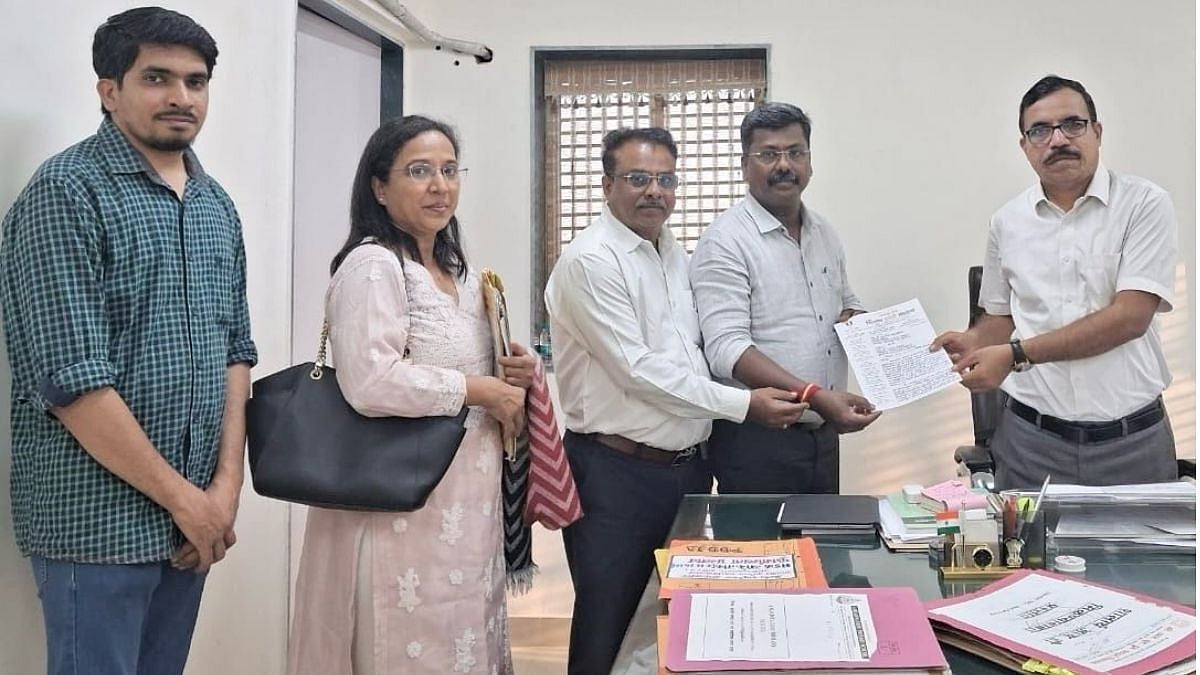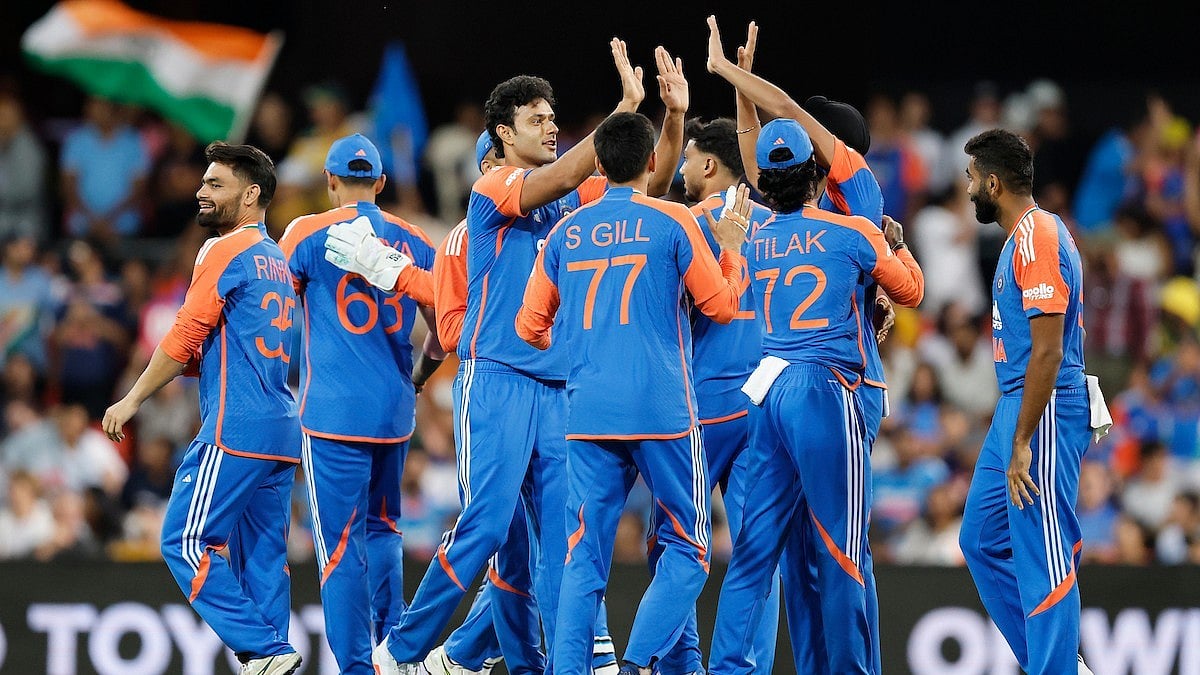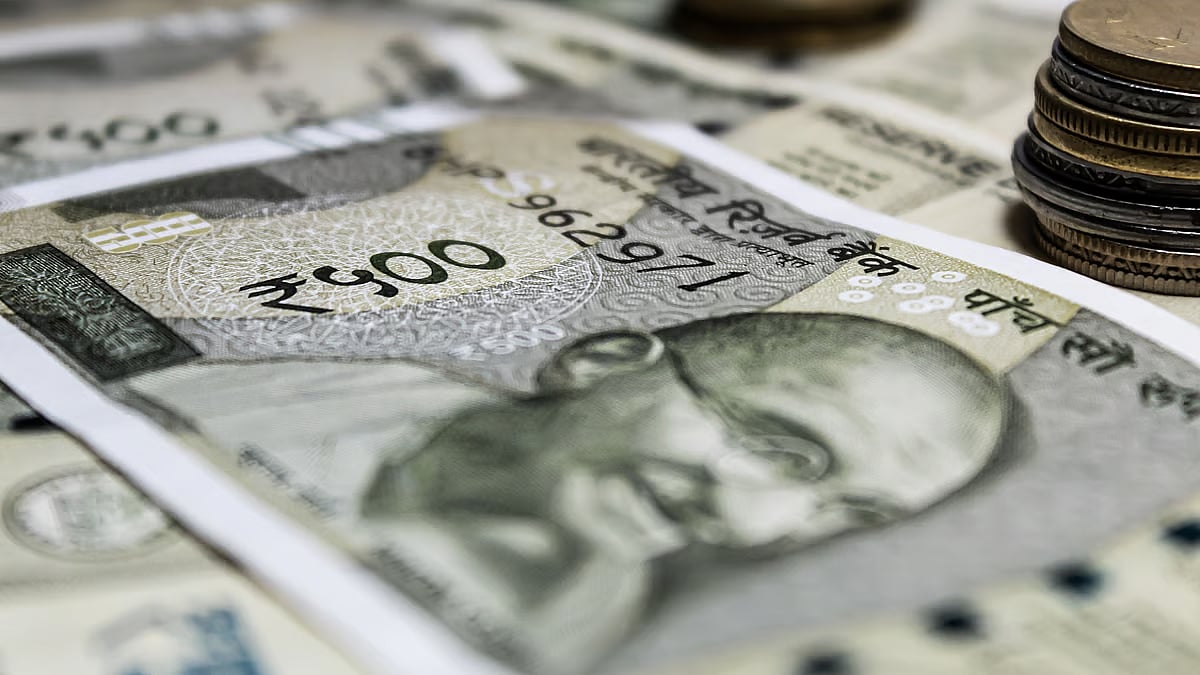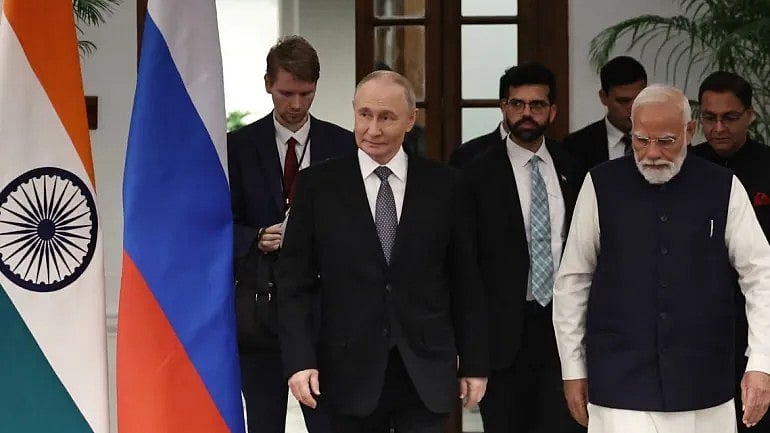The 48th Chief Justice of India (CJI) NV Ramana charted a careful political course while in office but plunged into hot water hours after retiring for his connection with the setting up of an International Arbitration and Mediation Centre (IAMC) at Hyderabad, Telangana, managed by a trust that he also allegedly helped to set up, according to a statement signed by 65 lawyers. Judges should be like Caesar's wife, above suspicion, CJIs probably more so.
This CJI, however, also had his name on an FIR registered against student agitators when he took part in a protest in Andhra Pradesh several decades ago. This came to light when he was recommended for judgeship, but he made it to the bench at the second attempt, according to media reports.
Andhra Pradesh chief minister YS Jagan Mohan Reddy (YSR), himself under a cloud due to corruption allegations, feted Justice Ramana in 2021 after having first complained about him to CJI Sharad Bobde, alleging that the judge was ensuring that all petitions filed against his government were being transferred to handpicked benches in the Andhra Pradesh High Court with predictable results. He alleged that Justice Ramana leaned towards Reddy’s arch rival N Chandrababu Naidu of the Telugu Desam Party. Justice Bobde, however, gave Justice Ramana a clean chit, facilitating his elevation as chief justice.
To his credit, CJI Ramana headed the bench which cancelled the bail granted to Ashish Mishra, the son of Union Minister of State for Home Ajay Kumar Mishra ‘Teni’. Ashish Mishra is accused of having deliberately run over four protesting farmers and a journalist at Lakhimpur Kheri in Uttar Pradesh.
Another positive in his tenure was that the CJI Ramana-led collegium cleared 224 lawyers for elevation as high court judges, and elevated 11 judges to the Supreme Court, of whom three were women. Of 1,108 high court judges sanctioned for 25 high courts, there are only 380 vacancies today, thanks to Justice Ramana.
Nevertheless, he failed to force the government to confirm or deny using the Pegasus spyware on its own citizens. “The government is not cooperating” was all that the CJI declared after reading the report of the three-member technical committee supervised by Justice RV Raveendran. The New York Times had reported in January 2022 that the Narendra Modi government had bought the spyware from an Israeli company NSO as part of a $2 billion weapons deal inked during the Prime Minister’s much-hyped visit to Israel in 2017.
CJI Ramana’s speeches on judicial independence sound banal because his bench could have used the contempt weapon against the government to force it to come clean on the issue.
Pegasus apart, Catholic priest and social worker Fr Stan Swamy died in custody while the Bombay High Court heard endless arguments on granting him bail, in spite of the Supreme Court’s emphatic declaration that bail should be the rule and jail the exception. Swamy was booked under the Unlawful Activities (Prevention) Act that made bail difficult, but earlier, the Supreme Court had said that even in anti-terror and narcotics cases, an accused was entitled to bail if there was no immediate possibility of a trial.
Journalist Siddique Kappan is still languishing in jail — another victim of the UAPA, which is the twin of the Prevention of Money Laundering Act.
The dismissal of an appeal challenging the denial of sanction to prosecute Uttar Pradesh Chief Minister Yogi Adityanath in the 2007 Gorakhpur riots case also showed CJI Ramana in poor light as it gave the impression that the judiciary did not want to challenge the government. Ordinary people do not know that the government allows the judiciary to do justice in 96% of cases in which the government has no stake, but the verdicts delivered in the remaining 4% of cases proves how independent the judiciary really is. These are cases like the Ayodhya case, the Rafale deal, the Pegasus case and the abrogation of Article 370 in Jammu & Kashmir. Successive chief justices from Dipak Misra, No 45, to Ramana, No 48, have not defied the government on these.
CJI Ramana chose not to embarrass the government on Pegasus —although the technical committee on Pegasus set up by the bench he led was an extension of the court itself, as it had to evaluate disputed questions of fact and then submit a report. The government was clearly committing contempt of court by refusing to confirm or deny whether it had used Pegasus. Ipso facto, the committee’s conclusion that there was no evidence of Pegasus being used in the 29 mobile phones examined is questionable. And Justice Ramana went with the committee’s report.
In a democracy, the people have a right to know if the government is listening to their phone calls, which is why such reports should not be handed over to judges in sealed covers unless the entire proceedings are being held in camera.
Another question that has remained unanswered is why CJI Ramana kicked the petitions challenging the abrogation of Article 370 into the deep grass. The answer is, simply, because these are too sensitive to decide. If the abrogation of Article 370 is upheld, it will imply that the Supreme Court is an adjunct of the government. Conversely, if it strikes down the abrogation, it will cause an upheaval in the country. The solution is to allow these petitions to languish in the registry until they lose their potency and can be quietly disposed of without much ruckus.
However, one should remember that there is such a thing as divine justice, and it is better than manmade justice which goes by manmade laws and the quirks of judges who dare not challenge the government of the day.
The writer, a veteran journalist, holds a PhD in law and is a senior advocate at the Bombay High Court


